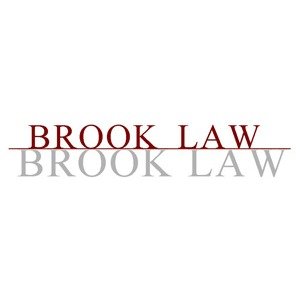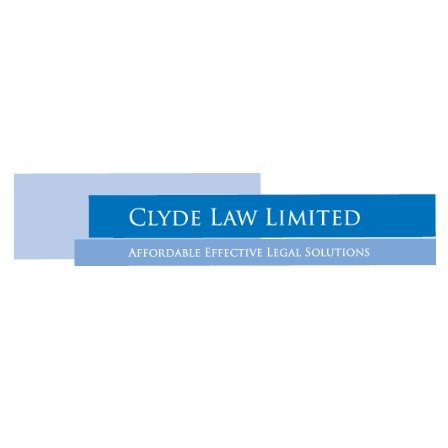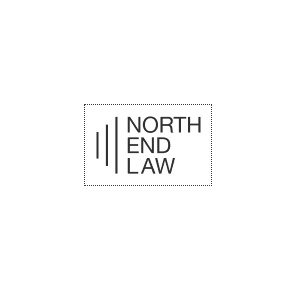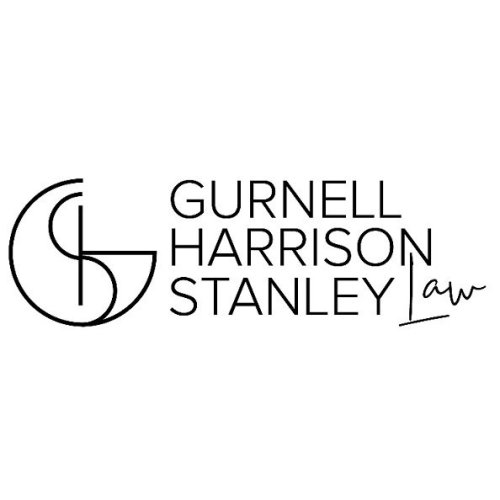Best Elder Abuse Law Lawyers in Hamilton
Share your needs with us, get contacted by law firms.
Free. Takes 2 min.
List of the best lawyers in Hamilton, New Zealand
About Elder Abuse Law in Hamilton, New Zealand
Elder abuse law in Hamilton, New Zealand, focuses on protecting the rights and well-being of older adults who are vulnerable to mistreatment, neglect, or exploitation. This area of law encompasses various forms of abuse, including physical, emotional, financial, and neglect. Legal frameworks are in place to safeguard older individuals and ensure they receive the necessary protection and care. Elder abuse can occur in various settings, such as homes, care facilities, and in the community, necessitating a comprehensive legal approach to address and prevent these issues.
Why You May Need a Lawyer
There are many situations where individuals may require legal assistance concerning elder abuse:
- Suspecting that an elderly family member or friend is experiencing abuse or neglect.
- Seeking legal protection for an elder in a care facility or at home.
- Encountering financial exploitation or manipulation of an elder's assets or estate.
- Needing to understand rights and legal options available for elder care and protection.
- Responding to elder abuse allegations made against a caregiver or family member.
- Dealing with breaches of care standards in elder care facilities.
- Pursuing legal action against perpetrators of elder abuse.
Local Laws Overview
In Hamilton, local laws are designed to protect the elderly from various forms of abuse and neglect. Key legislation includes:
- The Protection of Personal and Property Rights Act 1988: This law provides legal mechanisms to protect vulnerable adults' personal and financial affairs, including appointment of a welfare guardian or property manager.
- The Family Violence Act 2018: This act offers protections against all forms of family violence, which can include elder abuse.
- The Crimes Act 1961: Under this act, specific offenses relate to the abuse, neglect, and mistreatment of older adults.
- The Health and Disability Commissioner Act 1994: Ensures the rights of health and disability services consumers, including the elderly, are protected.
- Aged Care Regulations: Govern operations of aged care facilities to ensure a standard of care that protects residents from abuse and neglect.
Frequently Asked Questions
1. What is elder abuse?
Elder abuse is any action or inaction that causes harm or distress to an older person, occurring in any relationship where there is an expectation of trust.
2. How can I recognize signs of elder abuse?
Signs may include physical injuries, sudden changes in financial situations, withdrawal from social interactions, unexplained weight loss, and poor hygiene.
3. Who can commit elder abuse?
Elder abuse can be committed by family members, caregivers, friends, or staff in care facilities.
4. What should I do if I suspect elder abuse?
If you suspect elder abuse, report it to local authorities or contact legal professionals to explore protective measures immediately.
5. Can an elder refuse help even if abuse is present?
Yes, if the elder is mentally capable, they can refuse assistance; however, professionals can still take certain protective measures with the court's involvement.
6. Are there specific laws for financial elder abuse?
While there is no specific standalone law, various legislation covers aspects such as fraud and exploitation, which apply to elder financial abuse.
7. How can a lawyer assist in elder abuse cases?
Lawyers can provide legal advice, assistance in obtaining protection orders, represent elders in court, and help navigate the complexities of elder abuse claims.
8. What legal protections exist for elders in care facilities?
Legislation imposes standards on care facilities, requiring them to protect the rights and welfare of their residents.
9. Can an elder change their will due to abuse concerns?
An elder can amend their will if they are mentally capable and free from undue influence.
10. Where can victims of elder abuse seek help?
Victims can contact the police, legal services, community support organizations, or a lawyer specializing in elder law.
Additional Resources
For those seeking more information or assistance, the following resources may be helpful:
- Age Concern Hamilton: Provides support and resources for elder abuse cases.
- Ministry of Social Development: Offers guidelines and support for elder abuse prevention.
- Elder Abuse Response Services: A helpline and support service for elder abuse victims.
- Citizens Advice Bureau Hamilton: Provides free, confidential advice on legal matters, including elder abuse.
- Community Law Waikato: Offers free legal advice and information on elder issues.
Next Steps
If you need legal assistance regarding elder abuse law, consider the following steps:
- Consult a Lawyer: Seek out legal counsel specializing in elder law for advice and representation.
- Report the Abuse: Contact local authorities or elder abuse hotlines to report suspected abuse.
- Gather Evidence: Document and gather any evidence related to the abuse for legal proceedings.
- Connect with Support Services: Engage with local support services to receive guidance and help.
- Educate Yourself: Stay informed about your rights and legal options to better protect your or your loved one's interests.
Lawzana helps you find the best lawyers and law firms in Hamilton through a curated and pre-screened list of qualified legal professionals. Our platform offers rankings and detailed profiles of attorneys and law firms, allowing you to compare based on practice areas, including Elder Abuse Law, experience, and client feedback.
Each profile includes a description of the firm's areas of practice, client reviews, team members and partners, year of establishment, spoken languages, office locations, contact information, social media presence, and any published articles or resources. Most firms on our platform speak English and are experienced in both local and international legal matters.
Get a quote from top-rated law firms in Hamilton, New Zealand — quickly, securely, and without unnecessary hassle.
Disclaimer:
The information provided on this page is for general informational purposes only and does not constitute legal advice. While we strive to ensure the accuracy and relevance of the content, legal information may change over time, and interpretations of the law can vary. You should always consult with a qualified legal professional for advice specific to your situation.
We disclaim all liability for actions taken or not taken based on the content of this page. If you believe any information is incorrect or outdated, please contact us, and we will review and update it where appropriate.
















